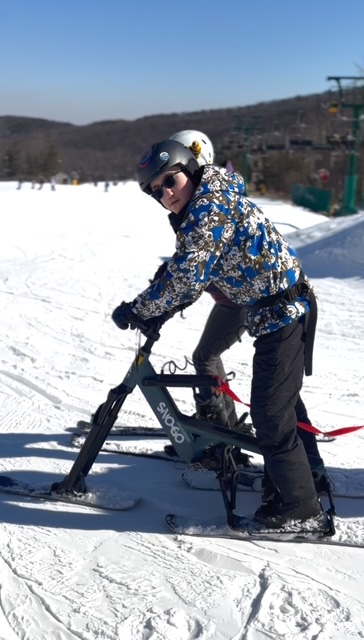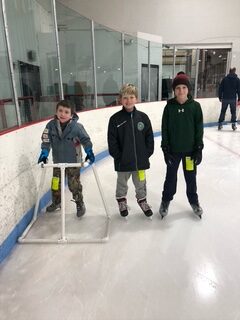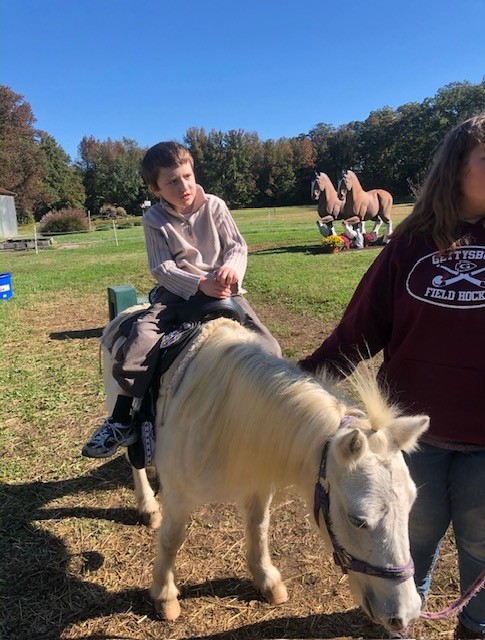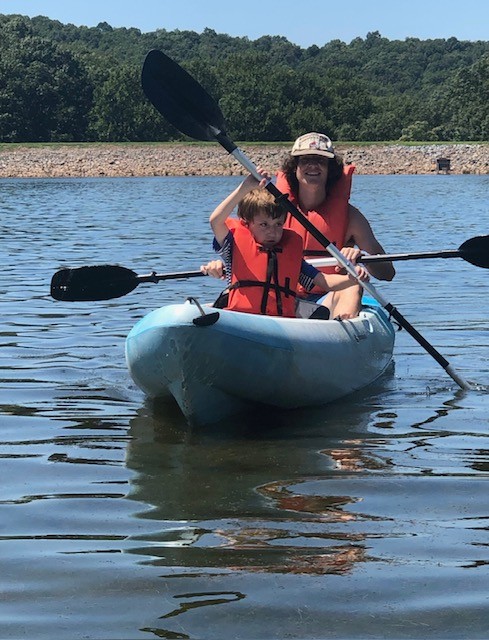Janet Wagoner was “relieved” to hear that the FY 2025 budget for the Maryland Developmental Disabilities Administration’s (DDA) Low Intensity Support Services (LISS) Program was spared at the 11th hour from a line-item budget cut.
The program funding is designed to improve an individual or family’s quality of life, increase or maintain independence, and help them participate in their communities. It provides small grants of up to $ 2,000 annually to approximately 2,000–2,500 people with intellectual and developmental disabilities (IDD) who are eligible for DDA services.
LISS allows families to choose from a variety of personal assistance and emergency response services and medical equipment, including assistive technology, accessibility adaptations, consumer training, and even services such as summer camps and home-delivered meals. Janet, her husband Ronnie, and their 14-year-old son Cooper have significantly benefited from the program.
Cooper was diagnosed at birth with Smith-Magenis syndrome (SMS). The very active Wagoner family of five includes an “extremely social” Cooper in a variety of their sporting activities, vacations, and community outings. Janet stated, “People with SMS are well known to lead a sedentary lifestyle due to their disability. We try our best to keep Cooper engaged in activities that promote exercise and socialization, like bike riding and snow sports. He has also participated in adaptive ski lessons and just this year is now learning how to use a SnowGo ski bike with adaptive lessons at local resorts.”
Through the LISS program, the family has been able to finance a bike trailer, an adaptive stroller that resembles a wheelchair, adaptive ski lessons, a lift pass, a shower chair, and a laptop computer for Cooper.



Like many others with SMS, Cooper can wander at nighttime. Using LISS funding, her family was able to purchase an enclosed bed system that is an absolute necessity when they travel away from home.
In a letter to Maryland lawmakers, she detailed the many LISS adaptive services her son had benefited from over the years, noting that they are “extremely costly and not affordable for most Marylanders.”
Janet is also a strong advocate for people with disabilities having access to the community. “I often feel like they are discriminated against when it comes to assimilating into society. It’s not only the physical barriers, but often the way people look at you. Many families worry that their loved ones will be judged for behavioral outbursts at parks, malls, restaurants, and public facilities.“
She credits the LISS program with helping people with IDD live independently and thrive in their communities. “Having equipment that provides safety and accessibility is crucial to their quality of life.”



To find resources available in your state, please visit the Regional Representative page: https://www.prisms.org/get-involved/get-connected/


